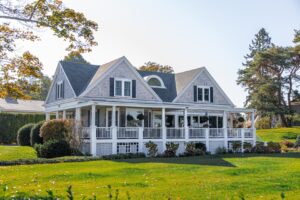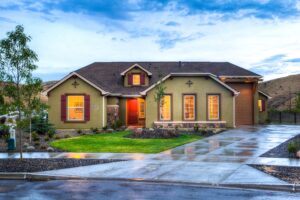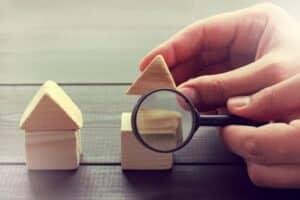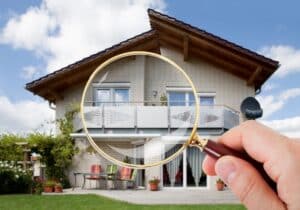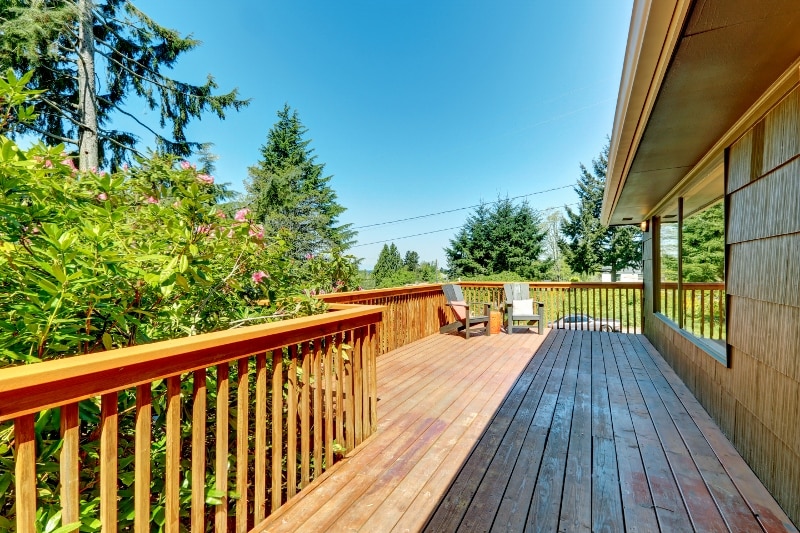
When summer arrives, most of us like to spend more of our time outdoors. Having a deck addition in your backyard makes a great outdoor space for relaxing, dining, entertaining and spending time with family. A deck is also an attractive selling feature for home buyers. Do-it-yourselfers often take on a deck building project, but is the deck built on the home you’re looking to buy safe and compliant to building code?
Home inspection companies have seen their fair share of DIY decks and DIY deck disasters! When they are doing a home inspection, checking structural systems like decks are part of the job. They share some information on the dangers of a DIY deck:
What can go wrong with a DIY deck?
If you are not carefully following your jurisdiction’s building code for deck additions, lots of things can go wrong with a deck project. Improper footings, height, type of wood used, clearance from property lines, the lack of building permits and whether or not your deck is strong enough to actually support people, barbeques and patio furniture.
Mike Holmes warns about what can go wrong without properly attaching the deck to the house in a National Post article “The Delusion of the DIY Deck”.
“I don’t just mean whether it’s securely attached to your house, although that’s a big question. I mean whether it’s attached in a way that won’t cause water infiltration and damage. This kind of water infiltration can lead to your having to replace doors, windows, finished flooring, sub-flooring, sheathing, structure — everything — in the area where water has crept in.”
A bad DIY attached deck can damage a home.
Holmes continued to explain that where most decks have problems is where the ledger board is attached to the house wall. Each bolt has to be caulked and sealed and the ledger board has to be properly flashed to prevent water from getting into your house. There also have to be vinyl spacer pins to allow proper water drainage away from the house.
Water damage can mean a very expensive repair. Not only will it promote the growth of mould, which will require professional remediation, it could mean replacing framing, drywall insulation and other expensive and important components of your house. Building a free-standing deck, on pilings that are compliant with local building code, will avoid these water infiltration problems.
Home Inspections in Edmonton
A home inspection is a very important part of every home-buying decision. Getting professional home inspections in Edmonton will provide you with an unbiased review of the home you are considering so you can make an informed decision on your purchase. An inspector will inspect exterior systems like the siding, drainage and roofing, structural systems like the foundation, decks, floor joists and roof trusses, mechanical systems like the plumbing, electrical, heating and cooling as well as flooring, walls, ceilings, insulation, locks, ventilation and other systems throughout the house.
You will be provided with a written report on all of the inspector’s findings. Not only will a home inspection give you a better idea of the kind of home you are buying and what repairs it might need, it will also educate you on your potential new home so you know what kind of maintenance it will require now and in the future.

